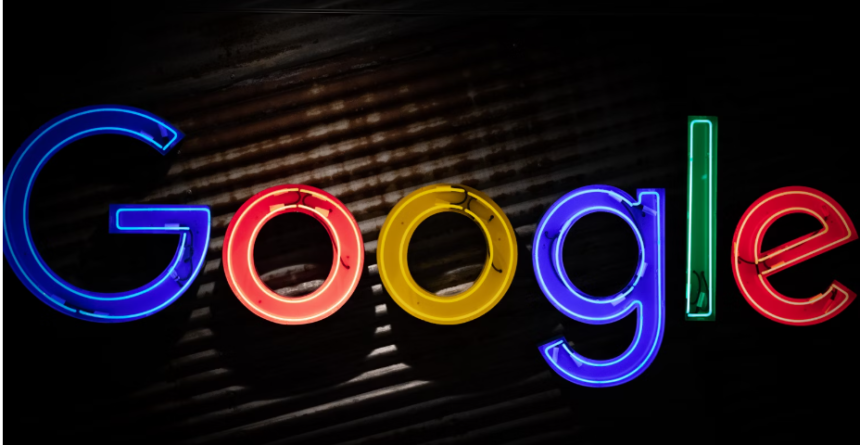In the latest blockbuster deal in the technology industry Google has struck a $32 billion acquisition deal to acquire Israeli cybersecurity company Wiz: Sources. The deal, among the largest ever in technology, concludes on-again, off-again negotiations that spanned nearly a year. The timing underscores the extent to which the shifting political climate in the United States, especially the election of President Donald Trump, was a force propelling the deal forward.
Phase One — Negotiation and IPO
The companies began early discussions last year, with Google making a $23 billion offer for Wiz in July. But those initial overtures did not result in an immediate deal. At the same time, Wiz had been mulling an initial public offering; it was also exploring other means to raise capital and grow. This strategic assessment and the evolving nature of the negotiations contributed to stretch out the deal timeline.
After October last year, the decision was made to reestablish communications between the two, but not on a permanent basis. But these discussions show no clear resolution. One important detail turned out to be the hiring of a man named Fad Merchant as Wiz’s Chief Financial Officer in January as the company was still courting the IPO. The openers, who is joined by Assaf Rappaport, the chief executive officer of Wiz, was influential in bringing together the final deal, which moved swiftly to the goal line. And the person who orchestrated the deal was Thomas Kurian, the head of Google’s cloud division.
The Effect of a Shift of Political Power
Negotiations took a new turn after the United States mid-transfer of presidential administrations and the entry into service of Donald Trump on January 20th. All of it, combined with a sea change in the political landscape, even with regard to the selection of key antitrust personnel in the Trump administration, created the impression of a more permissive environment for regulators. That impression, sources said, helped provide at least some additional assurance to Google and Wiz that an antitrust review would be less adversarial.
Further building on this sense of optimism, the (now completed) appointments of Andrew Ferguson as Chairman of the Federal Trade Commission (FTC), and Gail Slater to head antitrust reviews at the Department of Justice (DOJ), trumped D.C.-watching pundit analysis. The adoption by the industry of a new view of regulatory posture was a key reason why the deal lived to fight another day, a view that was at least partially the result of Wiz’s unease post the demise of Adobe’s planned buy and Figma through an antitrust lens.
Better Financial Terms and Termination Fee
The original offer of $23-billion was topped by the offer from Google which now stands at $32-billion or $9 billion more. Google considered this still-sweetened offer, valuing Wiz at a 39 per cent premium, justified in light of Wiz’s remarkable 70 per cent annualised revenue growth and over $700 million in annualised revenue.
In addition to the higher acquisition price, Google also vastly increased its reverse termination fee — the so-called breakup fee — to more than $3.2 billion, or more than 10 percent of the value of the deal. This sizeable termination fee, payable to Wiz if the deal doesn’t materialise due to exogenous regulatory headwinds, provided Wiz with greater certainty on financials and the overall risks of the transaction.
A breakup fee of such a stiff amount is not as typical within United States corporate deal-making, though similar fees have become used over the last few years as regulators observing multibillion-dollar deals have exercised extra scrutiny. That the breakup fee is a premium of more than 10% of the value of the transaction reflects the strong imperative from both sides to gain certainty regarding material regulatory risk over this acquisition.
It was unclear if Google and Wiz held pre-emptive briefings; such a meeting (with antitrust parties, at least prior to the signing of the deal) is not without precedent. A few companies, including Tempura Sealy, have asked the F.T.C. to bless their companies’ acquisitions before finalizing the deals.
Wiz executives, who knew the regulatory hurdles Adobe had to overcome to gain Figma, were particularly sensitive to potential antitrust issues. The large breakup fee that Google had put on the table calmed these fears somewhat, smoothing the path for the deal to clear even if regulators at the 11th hour adopted a dim view.
Knowing that the former FTC chair Lina Khan’s aggressive antitrust stance would come to an end and more placid business-friendly regulators were likely to move in flattered the companies involved. Google is also battling two DOJ lawsuits over its monopoly power in online search and ad tech, so the companies were understandably wary of regulatory roadblocks.
Advisory Roles and Conclusion
Bank of America is Googles financial advisor in this transaction and Goldman Sachs is Wizz’s financial advisor. The completion of the $32 billion acquisition also underscores how volatile the world of corporate deal-making is, in which political and regulatory factors can seize control over the outcome of negotiations. The deal also highlights the rising importance of cybersecurity in the modern tech landscape, with Google looking to bolster its cloud security offerings with the acquisition of Wiz.






